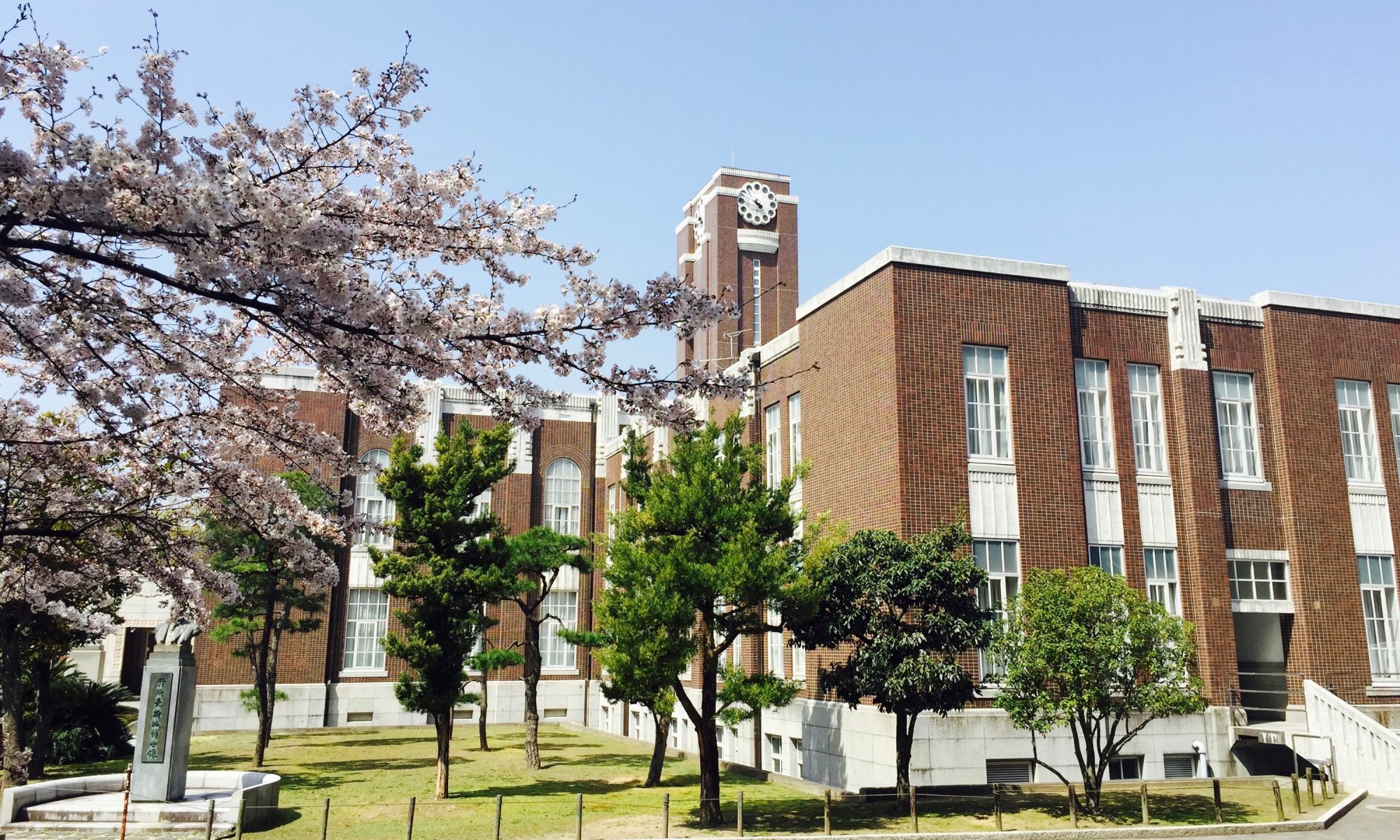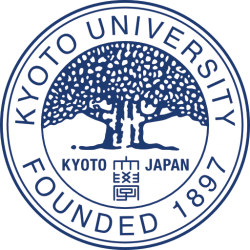Teacher: Kjell ERICSON
Course Code: JK45001
When we conjure up “the environment” in our mind’s eye, what do we see?
Perhaps we envision mountains, trees, streams, and waves–scenes where humans don’t appear or make only transient visits. Some of us could think about holistic linkages among all living creatures and their surroundings. Others among us may imagine how human societies have exploited and polluted relationships to non-human spaces. We might also
“see” worldwide phenomena that are less obviously visible from a single vantage point, most notably climate change.
This course invites us to reflect upon the multiplicity of environments and environmental thinking around the world, at a moment defined by global-scale environmental crises and human impacts. Some questions are:
How have ways of understanding the environment, sustainability, and nature emerged, interacted, and changed? Can we study the world through approaches that go beyond human perspectives alone?
Course Information
Module: Research and Advanced Studies
CATS Requirements: BA 3rd. year or above
Link to course material on PandA.
Day/Period: Thu/2
Location: Sem. 11
Credits: 2
This is course can be taken as either reduced (4 ECTS) or full seminar (8 ECTS). Please indicate your ECTS requirement to the teacher.
Course Goals
・The course will introduce you to the multi-stranded field of environmental history, which is animated by desires both to understand the past on its own terms and to bring the past to bear on present-day problems.
・The course will press us to think about how environmental ideas structure people’s everyday lives and inform their political priorities. We will consider these issues by looking closely at recent English-language research related to the Japanese archipelago and its environs. We will explore how concepts of nature, human artifice, resources, pollution, science, conservation, war, and food have functioned in Japan. By the same token, we will survey “more-than-human” approaches to understanding environments. We are lucky in this course to have a rich space in which to pursue these possibilities on the ground: Kyoto and its surroundings.
・By the end of the course, you will be prepared to conduct research related to environmental history from
new points of view.
Course Schedule and Evaluation
For a detailed course schedule, please visit KULASIS or the PandA platform (the enrollment key is provided in KULASIS and also during the first week of class).
Attendance, participation, and presentations in class (25%)
Short weekly reading responses (25%)
Final paper (50%)
To JDTS/MATS students: This is course can be taken as either reduced (4 ECTS) or full seminar (8 ECTS). Please indicate your ECTS requirement to the teacher.


